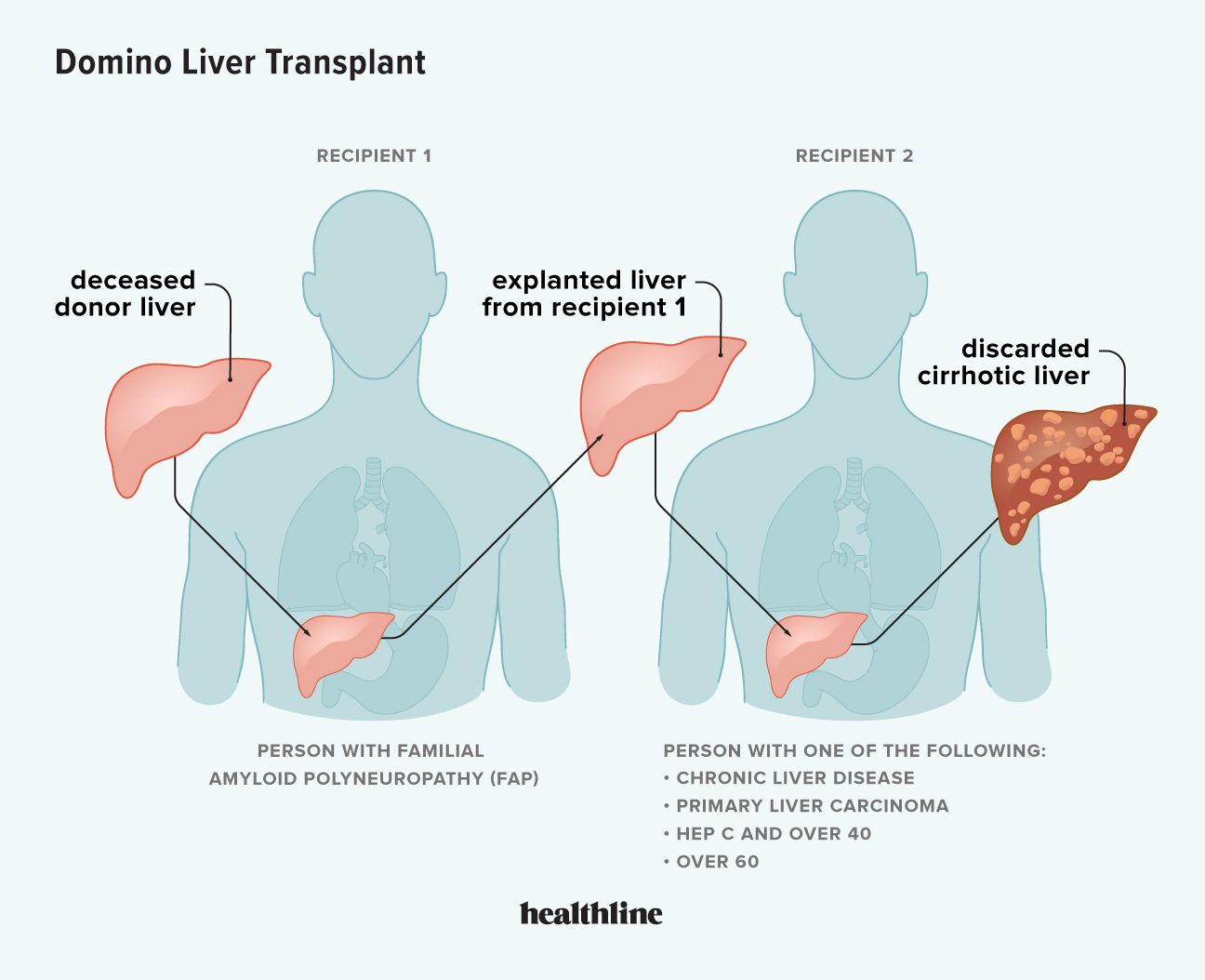Organ transplants are always complicated. Despite the increasing number of organ donors over the past decade, only a few organs are eligible for transplants. Furthermore, the rigorous, dicey, and sometimes controversial nature often drove patients to refuse these operations despite their potential to improve their livelihoods. As a result, many were deprived of a well-needed transplantation, drastically impacting their well-being and lifespan.
Medical practitioners are coming up with new solutions to resolve the issue. Stem cells and xenotransplantations (harvesting organs from animals) are one of the most likely options but require further research and development. For the time being, one of the most effective solutions is domino transplants. This process allows a deceased donor to provide an organ to a recipient, who also donated their organ to another recipient. Theoretically, this procedure will soften the organ donation crisis for the foreseeable future.
Organ Transplants Not Simple as You Think
The Health Resources and Services Administration stated that more than 103,000 American citizens were on the national transplant waiting list in April 2024 with more than 46,000 receiving their transplant, leaving roughly 55% of recipients on the waitlist. On average, there is a new recipient every 8 minutes, equating to 180 new patients daily, and 17 recipients die each day without their desired organ. According to a study conducted by Rafael Beyar, there is a low number of organs eligible for transplantation despite the high number of donors.
Logistical Nightmares
This is because organ donation is only possible if the donor passes away in a hospital and under a ventilator; this is to keep the organs from deteriorating from asphyxiation while allowing the patient to pass away through brain death (permanent loss of all brain and brainstem function according to Rafael Beyar, M.D.). A majority of donors who often die outside of hospitals are involved in incidents that damage or degrade their organs from the lack of breathing, rendering their donation fruitless. Additionally, most donated organs are typically incompatible with the recipient due to the blood type, antigens, antibodies, body size, available organs, prior infections, and donors’ injuries; an example is that roughly 25% of siblings have “exact matches” with each other, according to Columbia University Department of Surgery.
Moral Concerns and Legal Issues in Organ Transplantations
Outside of medical challenges, NYU Grossman School of Medicine stated that there are many legal, ethical, and moral issues regarding organ donations, prominently consent, cultural perception, and the definition of ‘death’ in organ donation. In most countries, organ donors and their family members must consent to confirm the donor’s organ donation; there are case studies of family members denying donors’ organ donation despite the donors’ intent, resulting in confusion among the medical community. Cultural beliefs and religion often play a major part in organ donations as they can promote or discourage donors or their families from organ procurement. In addition, there is still debate over how the medical community perceives ‘death’ with numerous bases and theories, all of which still confuse when medical practitioners would be allowed to begin procuring donors’ organs.
How the Dominoes Falls

To reduce the organ waitlist, numerous medical leaders have proposed ideas for domino transplantation amongst other long-term solutions. This is to reduce the national transplant waitlist through “sharing” organs with other recipients to benefit every party; kidneys and livers are the first organs to be transplanted via this method. According to Healthline, domino transplants became a prominent option in liver and kidney transplants as it does not require as much time to find viable donors as normal transplants.
Jefferson Health, a well-established medical non-profit organization, stated that a domino transplant requires a healthy organ of a deceased consenting donor which would be transplanted into the first recipient, otherwise known as the domino recipient. In most cases, the domino recipient would suffer from a certain condition that impacted the transplanting organ, such as amyloidosis, congenital heart disease, or other disorders.
The domino recipient’s original organ would be transplanted into the second recipient who suffered from life-threatening medical conditions, such as liver cirrhosis, coronary artery disease, or cancer. Despite receiving a ‘defective’ organ from the domino recipient, the second recipient’s health would not deteriorate as the organ still functions and the conditions will only become symptomatic after a decade, according to Mayo Clinic.
Economic Advantages
Other than alleviating the organ donation crisis, domino transplantation also serves economic purposes. It can substantially increase the supply of organ transplants among recipients, generating more profits for hospitals and other healthcare organizations. Moreover, post-operational treatment, medication, hospital stays, and medical check-ups provided establishments with additional long-term revenue. However, these operations tend to be exceedingly costly because of the high cost of surgical equipment, technology, facilities, specialized surgeons, and medical personnel. In return, there can be little to no increase in income from domino transplantations.
For the medical industry, domino transplants can revolutionize the medical industry. With an increased demand for transplantations, surgeons, nurses, and doctors will develop their understanding and proficiency in surgery; eventually, there will be a breakthrough. As the age of technology and science progresses, new medical knowledge and innovation will be developed to improve, enhance, and simplify operations, namely major surgeries. Eventually, the developments made will trickle down to other sectors of healthcare. In return, the healthcare system will benefit from improvements stemming from domino transplants.
From the patients’ perspective, the ever-improving healthcare system will theoretically lower medical costs due to simpler, yet more intricate treatments. More people will have more spending left from reduced medical expenditures, increasing their buying power. With the quality of life and lifespan of people rising, people can still provide labor for the workforce. As a result, the world economy will face sustainable growth.
The Future of Organ Transplantation
Surgery, including organ transplantation, is one of the most exclusive schools of medicine due to the complexity of the human anatomy. This has resulted in a lack of surgical techniques or innovation within the medical community. Nevertheless, the American Society of Transplantations and McMaster University have made predictions regarding how organ transplantations are performed and how organs are procured based on current research and development.
- Xenotransplantations – genetically engineering animals, namely pigs, to have similar organs to humans to harvest for organs
- Stem cell-generated organs – using stem cells, a type of cell that can specialize to other types, to generate tissue, which in turn generates organs
- Artificial organs – Manufacturing mechanical organs to substitute for biological organs
Despite this, there is a possibility of a breakthrough or development that can offset these predictions due to the unpredictable nature of scientific research. As the organ donation crisis intensifies, there is still hope for introducing domino transplants to medical establishments as a makeshift solution. In the meantime, researchers are finding new ways to change the organ donation game forever.

